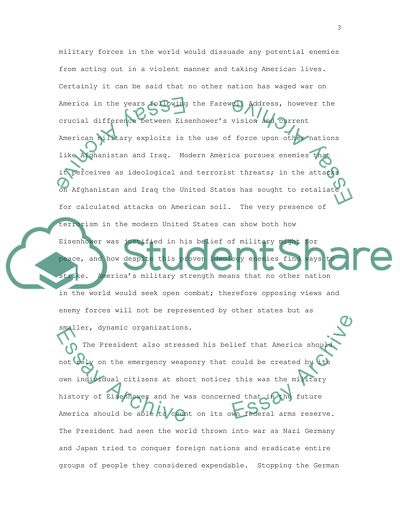Cite this document
(“America at War Essay Example | Topics and Well Written Essays - 1000 words”, n.d.)
America at War Essay Example | Topics and Well Written Essays - 1000 words. Retrieved from https://studentshare.org/politics/1503624-america-at-war
America at War Essay Example | Topics and Well Written Essays - 1000 words. Retrieved from https://studentshare.org/politics/1503624-america-at-war
(America at War Essay Example | Topics and Well Written Essays - 1000 Words)
America at War Essay Example | Topics and Well Written Essays - 1000 Words. https://studentshare.org/politics/1503624-america-at-war.
America at War Essay Example | Topics and Well Written Essays - 1000 Words. https://studentshare.org/politics/1503624-america-at-war.
“America at War Essay Example | Topics and Well Written Essays - 1000 Words”, n.d. https://studentshare.org/politics/1503624-america-at-war.


